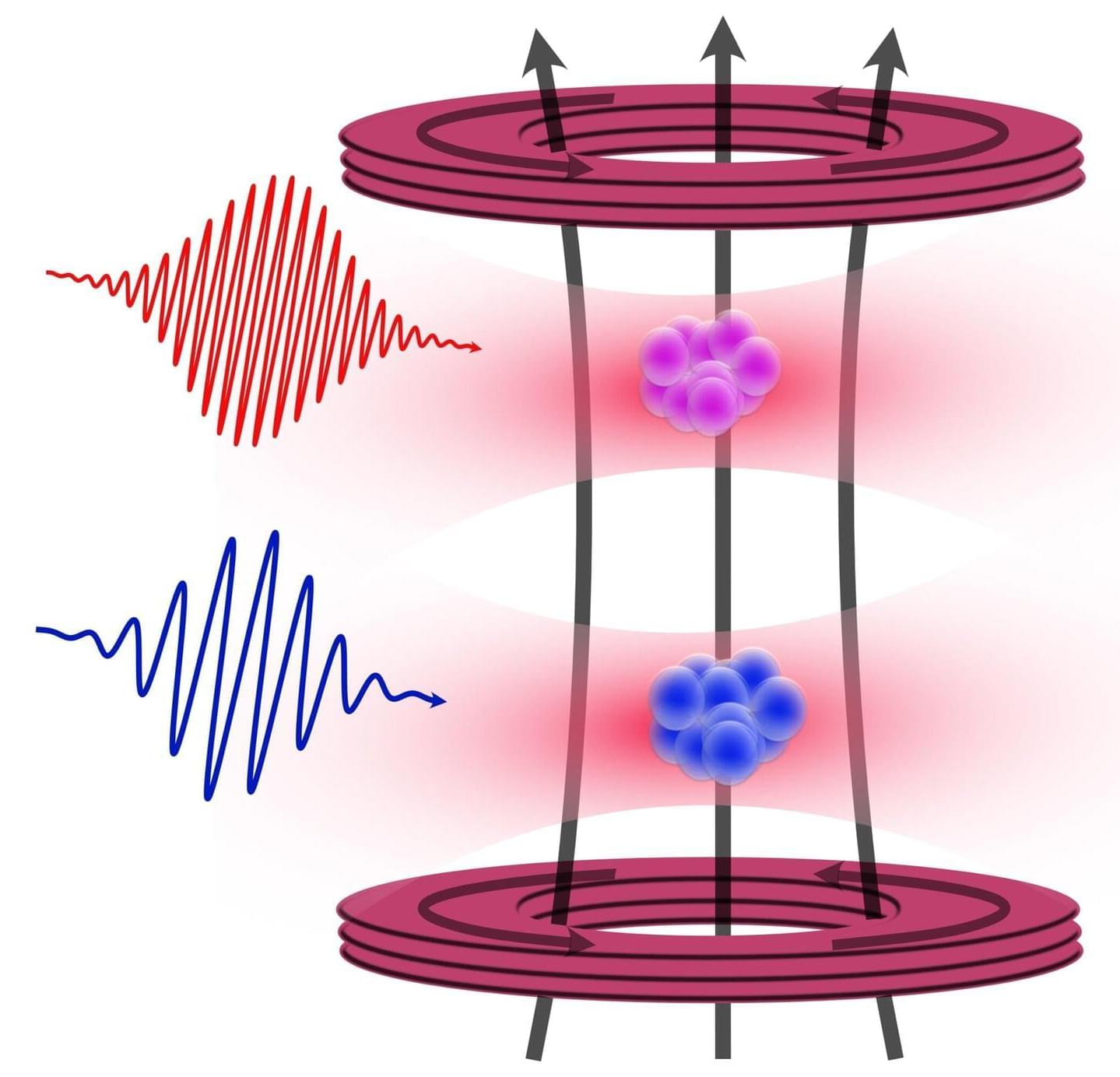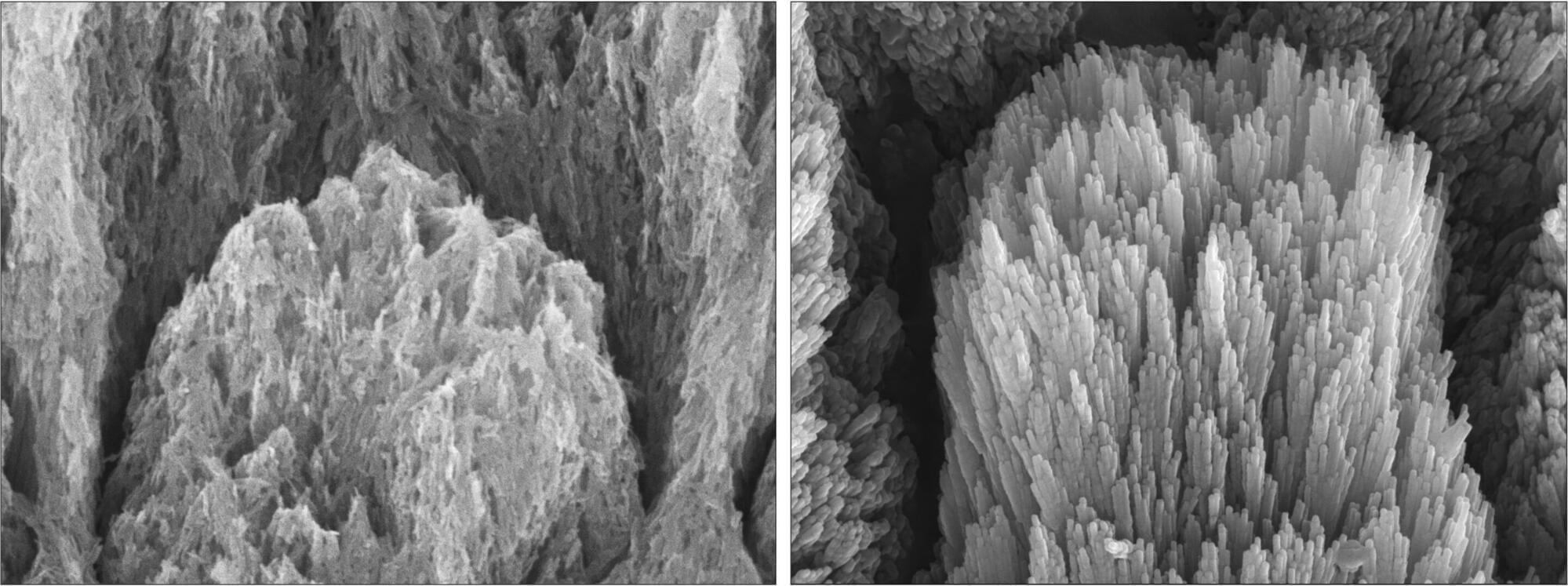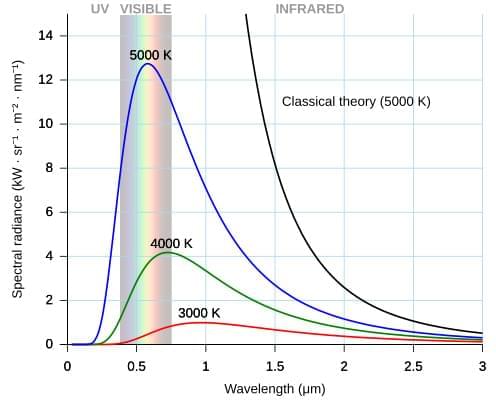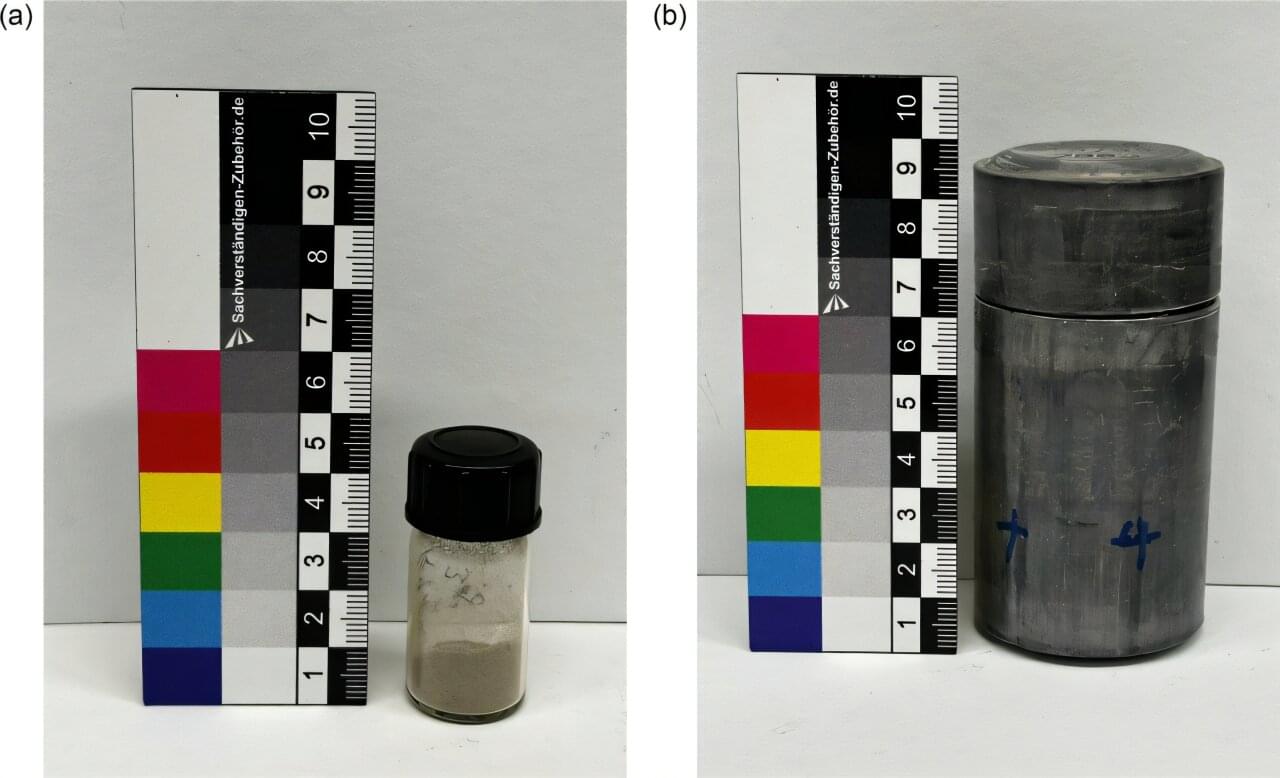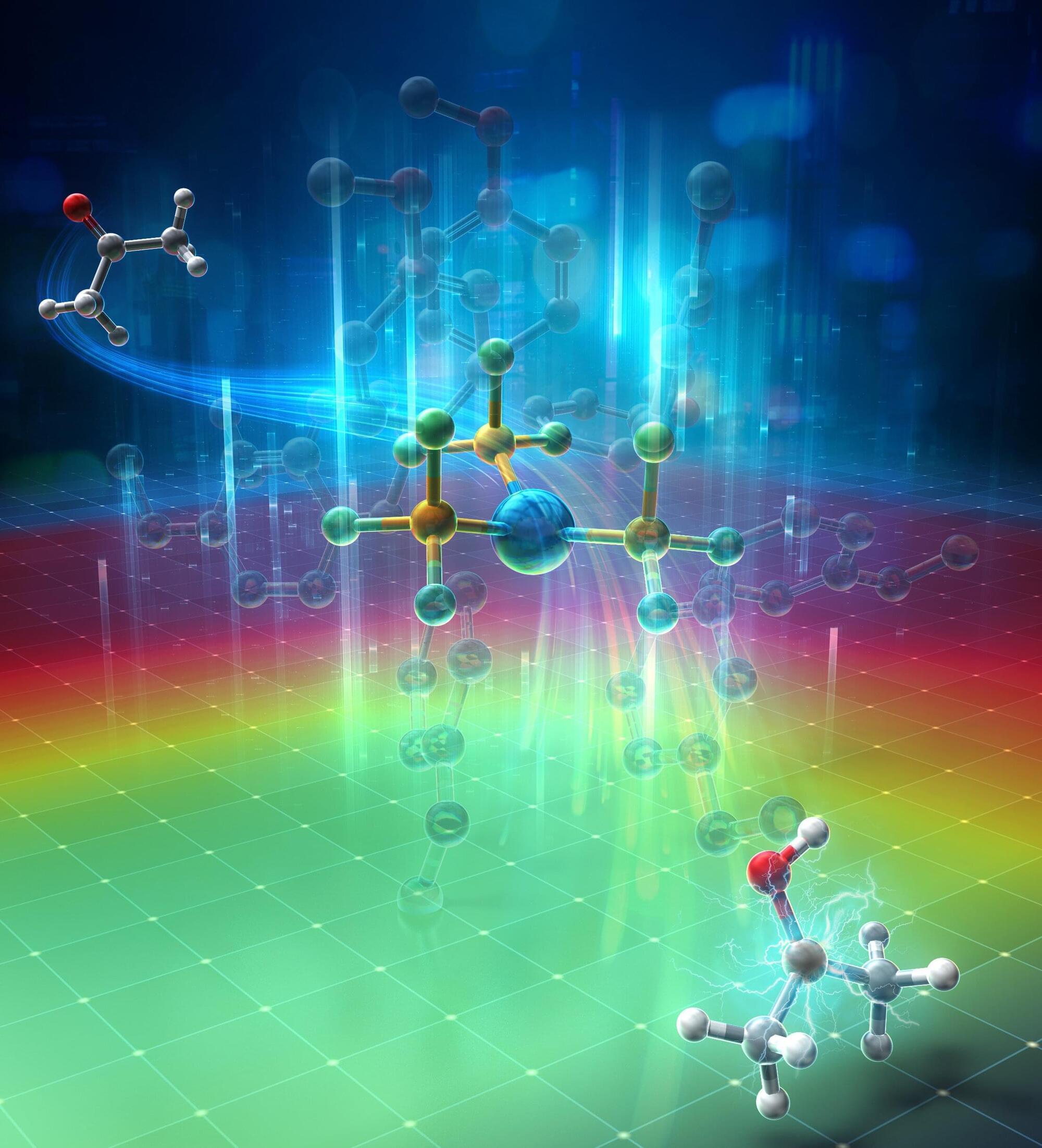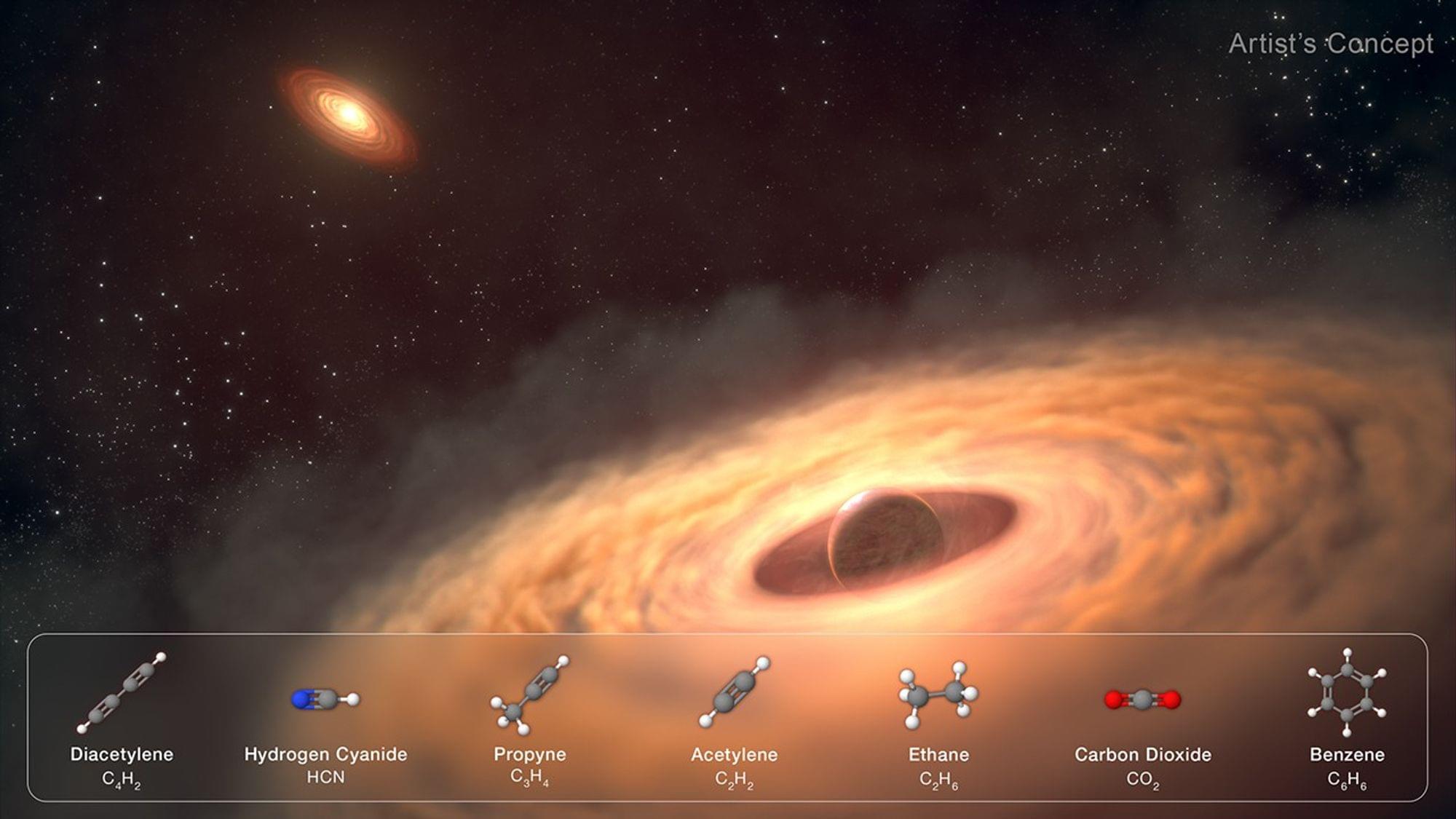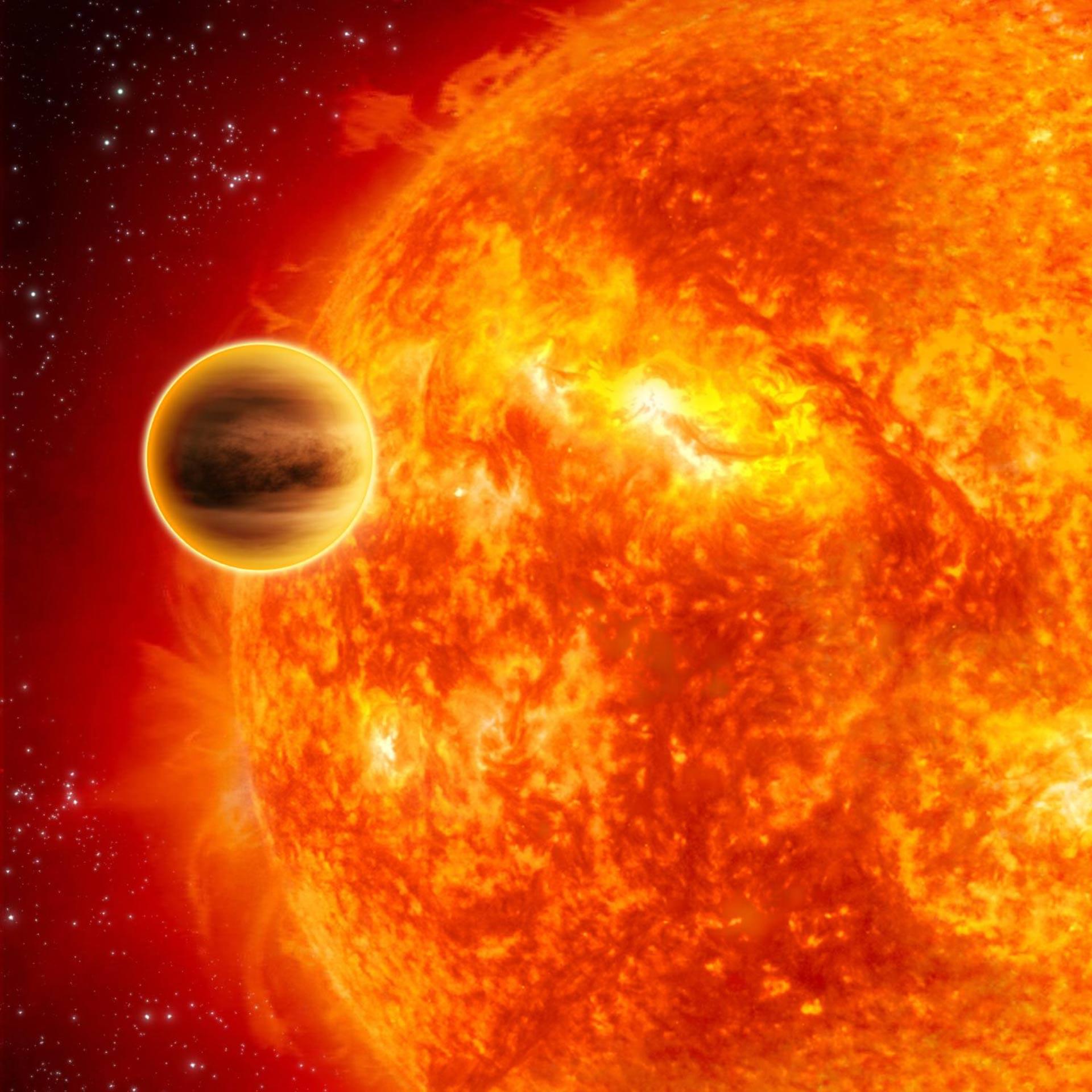Even small amounts of bisphenol A can lead to long-term health effects. When researchers studied adult rats exposed in the fetal stage, they found that females had developed a more masculine and males a more feminine gene expression pattern. This led to females progressing towards a cancer-like state, while males progressed towards metabolic syndrome, which can increase the risk of diabetes and heart disease.
Bisphenol A is a synthetic chemical with estrogen-like properties that is commonly used in food packaging materials. The substance is banned in many products, but is still present in some packaging. Levels of bisphenol A in people’s bodies are often above levels considered safe, with previous research showing that the substance can cause adverse health effects.
Females masculinized and males feminized In the current study, published in Communications Medicine, researchers investigated how bisphenol A affects the body during the fetal stage.

